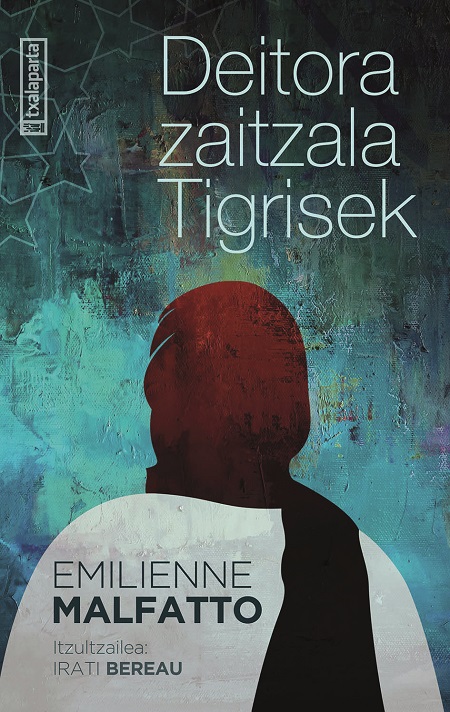

Today I bring a book written by the French journalist Emilienne Malfatto. Tragic story of a girl who has had an extramarital relationship in the camp in Iraq. Love goes to war and before she dies leaves the girl pregnant, and death is a "must" consequence of that act in the girl: "Honor is more important than life." In our case, a dead girl is better than a single mother. It's a book impregnated with death.
It consists of short chapters. In most episodes we will read the voice of the girl who is going to kill or the Tigris River, but also the brothers of sisters, the mother and the sister-in-law of the protagonist. They're written in the first person, with some kind of testimony. These are short chapters and little space to profile characters. We can perceive something as a function of the thought and feeling that each one is given the death of his brothers by a matter of honor. But I haven't received the pain, the anger, the sadness, the contradiction, the doubt, the questioning that the situation can cause. Voices speak cold and distant. Most show subtle disagreement, doubt, sadness or anger; however, neither the protagonist nor anyone will resist, will not seek solutions, will not revolt.
The voice of the Tigris River seemed to me to be an appropriate strategy. It's giving a voice to those who have been there for thousands of years and can count on more than humans can count. Time and war have changed, sees the dirt of certain places, has knowledge of ancient characters and is at the same time witnessing human “madness.”
This is an easy-to-read book, also with an intriguing point, "But will he eventually kill him?" like asking. As I've read, I've felt like a lack of depth. But then I thought that the author has very well conveyed the anger generated by the immobilism of the characters in his brief and crude. And it shows perfectly how far the patriarchate can go in his illness, reporting it directly. In addition, bringing different realities is always rich and important.